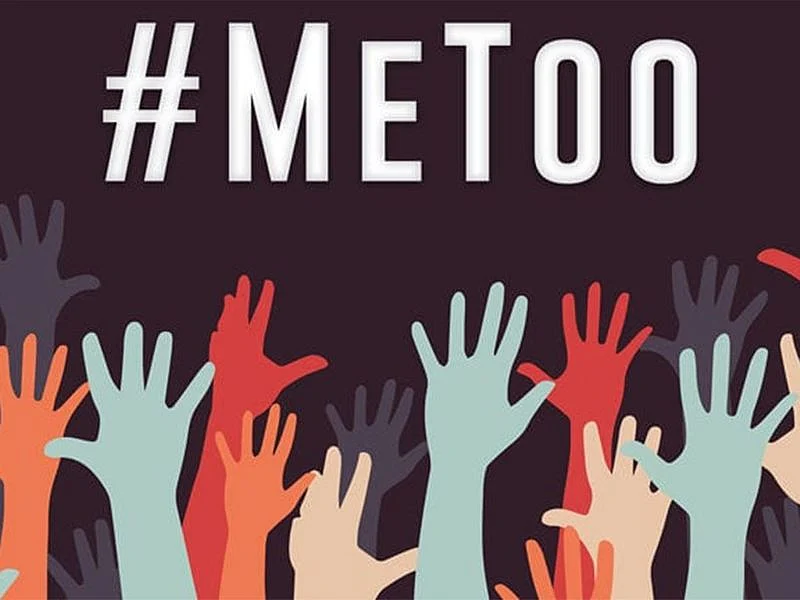Why survivors hesitate to speak out: The aftermath of Kerala's Hema Committee report revealed
Despite charge sheets in 26 cases, SIT's probe into Kerala's dark underbelly hits a wall

Dubai: In a highly-literate state like Kerala that once prided itself on progressive ideals and artistic expression, a chilling silence now hangs heavy over the Malayalam film industry.
The Special Investigation Team (SIT), tasked with probing sexual abuse allegations stemming from the explosive Hema Committee report, has filed chargesheets in 26 cases so far—but the progress has come to a grinding halt, according to a report in Malayala Manorama.
The reason? Survivors are simply not coming forward.
Nearly six years after the Hema Committee submitted its 300-page report detailing systemic gender discrimination and sexual harassment in Kerala’s film world, the fallout is still unfolding.
According to reports, the SIT registered 120 First Information Reports (FIRs), but claim most remain in limbo due to the victims' reluctance to record statements or pursue legal action.
“Many survivors fear backlash, industry blacklisting, or even re-traumatization,” said a source close to the investigation.
“Without their cooperation, legal recourse becomes difficult. The SIT cannot proceed in a vacuum.”
The numbers tell a story
Of the 120 FIRs, only 35 stemmed directly from the Hema Committee’s findings, said the report published in Malayala Manorama. The rest were triggered by testimonies shared on social media and renewed courage among survivors in the wake of the report’s court-mandated release last year.
Only one case from the original 35—filed by a makeup artist—has progressed to the chargesheet stage.
The other 25 chargesheets pertain to cases inspired by public disclosures, not official committee findings.
The Kerala High Court, in September 2024, ordered the full release of the Hema Committee report and instructed the SIT to act on its contents. That court ruling led to a fresh wave of outrage, resignations, and soul-searching in the industry. But without witness testimony, even the most damning accusations remain legally impotent.
Is it fear speaking?
The reluctance to testify is rooted in fear—a fear that seems all too justified. The Hema Committee had pointed to the existence of a patriarchal “mafia” in the industry, with powerful male stars, producers, and technicians exerting unchecked control over casting, contracts, and careers.
The committee also found that film sets lacked functioning Internal Complaints Committees (ICCs), leaving women without safe channels to report abuse. “Victims know they’re likely to lose work, not gain justice,” noted one senior actor on condition of anonymity.
Aftershocks in the Industry
In August 2024, the fallout from the report forced the entire executive committee of the Association of Malayalam Movie Artists (AMMA), including superstar Mohanlal, to step down. Yet the systemic issues remain unresolved.
The Hema Committee recommended legal tribunals, mandatory contracts, and gender-sensitivity workshops. While the state government pledged reform, the machinery of justice is clearly stalling—largely because survivors no longer trust it.
A deafening silence
Legal experts say the SIT is now in a bind. It cannot compel victims to testify. In many cases, officers have submitted reports to courts stating that proceedings will resume only if and when survivors are ready.
This, according to activists, is the real tragedy.
“It’s not just a legal failure—it’s a moral one,” a women’s rights advocate told Malayala Manorama. “Survivors risked everything to tell their truth, and now they’re watching the system fail them all over again.”
Parvathy Thiruvothu on the #MeToo reckoning in Malayalam cinema
“Those who don’t speak up—it’s only a reflection on them. Also, speaking up is the bare minimum when you are the most privileged," said Parvathy in an earlier interview with Gulf News.
As expected, she wasn't impressed with the perfunctory gestrues shown by film bodies.
"This cannot just be another news cycle that gets washed away, leaving the survivors to pay the price by losing work, or even their families in some cases. I have yet to get any sense from within the industry that there has been any change in approach... There’s a sense of caution, which is a good start. But a lot of work still needs to be done—especially to support the survivors who have bravely come forward," she said during that time.
"It is heart-wrenching to see survivors having to go through trauma management, sometimes all alone, with or without family support... I don’t think people realise the extent of the damage this can do to their lives," she added.
Network Links
GN StoreDownload our app
© Al Nisr Publishing LLC 2026. All rights reserved.